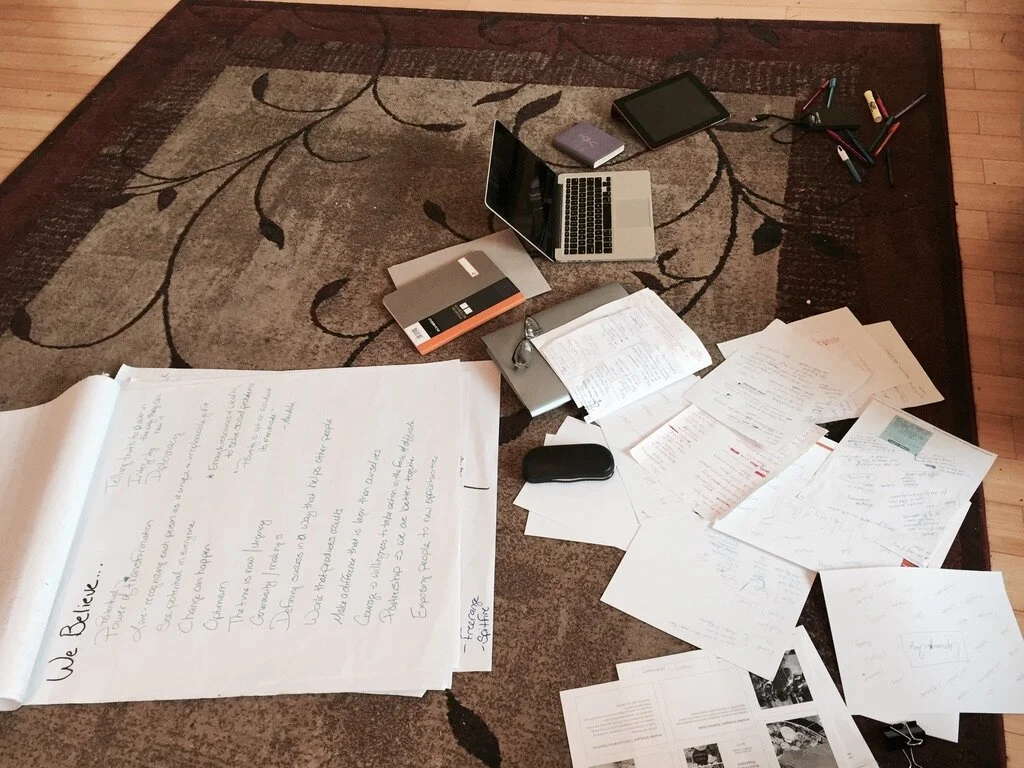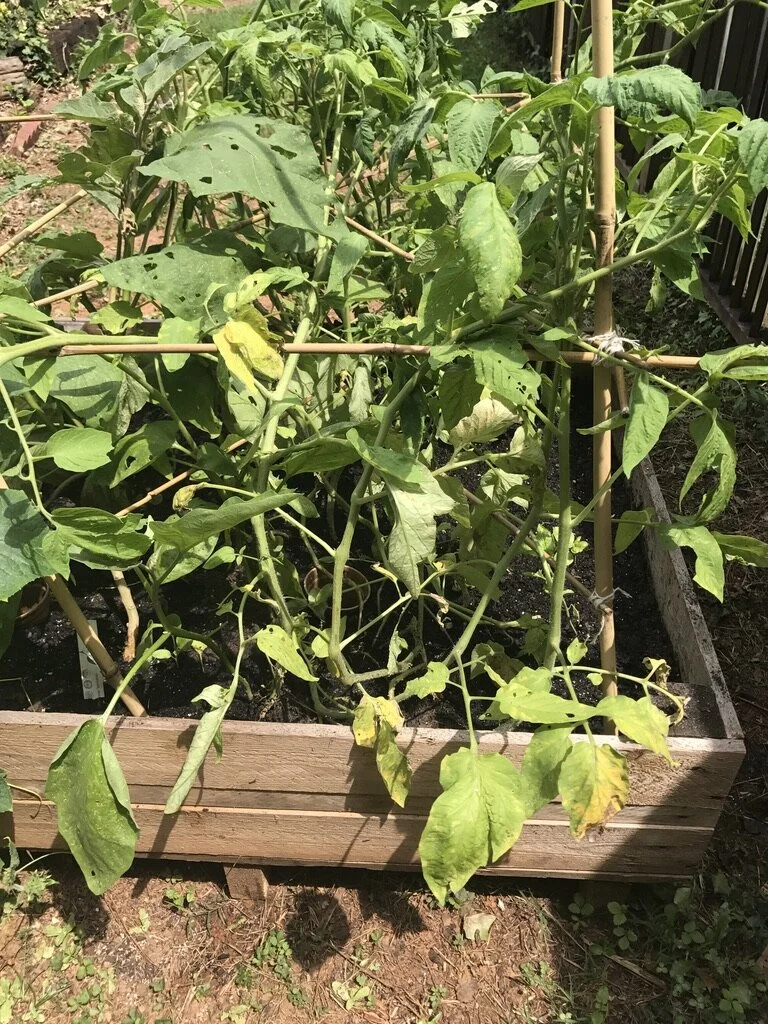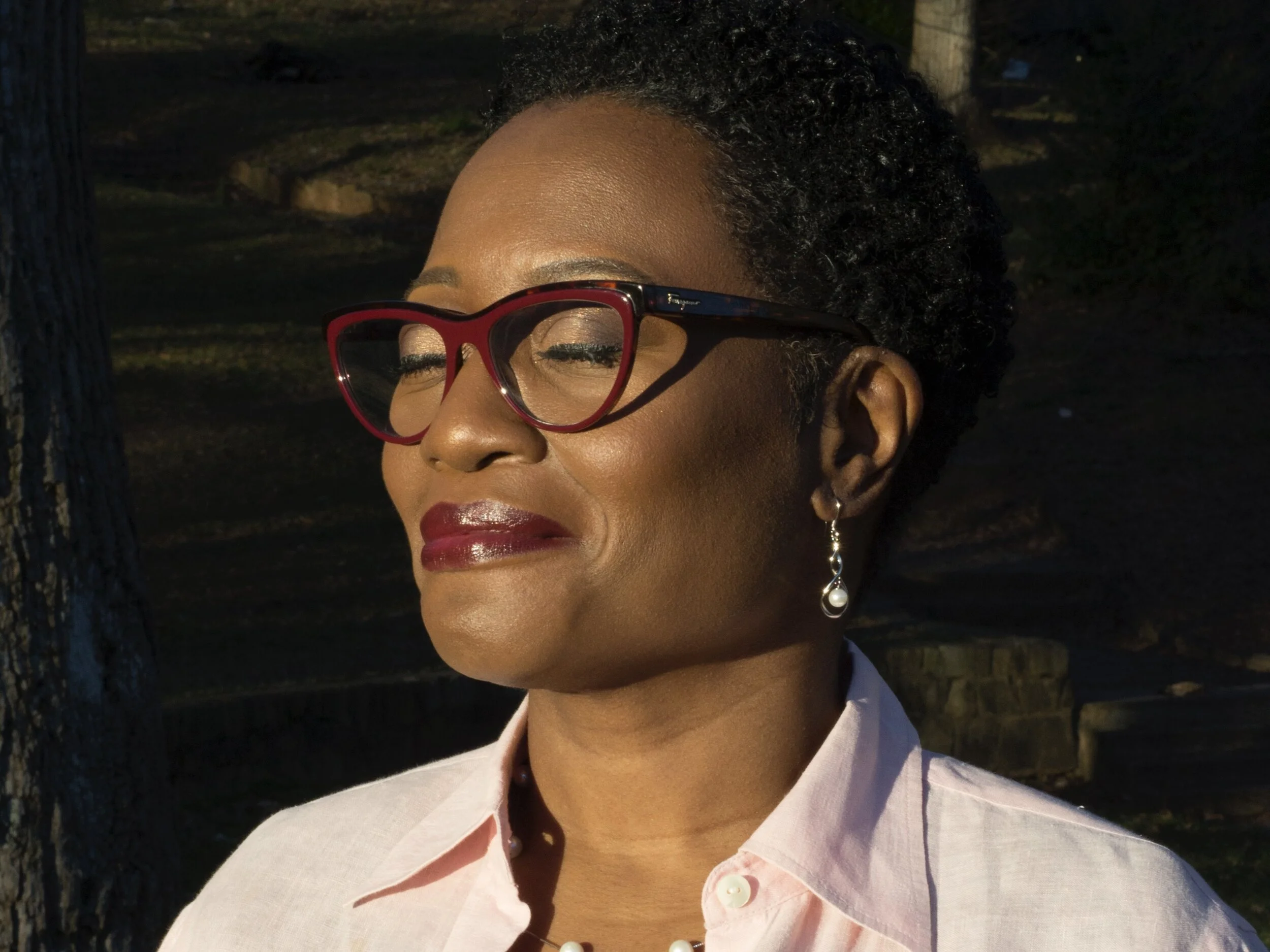Becoming an entrepreneur, again.
While looking through old files, I found an outline for an herbal products company, pausing when I realized I had written it seven years ago. Seven years of dreaming, brainstorming, crunching numbers, choosing packaging and colors. I thought about how patient my friends must have been. They believed I could do it more than I could.
I've had a great career helping leaders develop and grow social programs. Creating strategic plans, brand strategies, and communications is my sweet spot. For years, my practice grew without needing a business card or website. Clients loved my work, came back, and referred me to others. I didn't have to try.
Yet, I doubted myself. I suppose I always did. I was usually the only one or one of a few people in most rooms who looked like me. There was a need to prove I belonged, and I succeeded until I went to business school. I had this wild idea that I would use business skills to strengthen nonprofit organizations. However, the only lens that mattered was seen through spreadsheets and charts. I struggled like never before. At my lowest point, a white, male, all-but-Ph.D. in economics' teammate' told me I was "lazy, didn't work hard enough, and it had probably been that way all of my life." Instead of giving him the tongue-lashing he deserved, all I could do was go home, have my cigarette, cry, and work harder.
Studying that night.
That's when I began to feel like an imposter. It hovered beneath the surface for years, and I didn't realize it made me content to walk through open doors. When I learned about the barriers entrepreneurs had to overcome – and the steeper climb for black women, I paused. For years.
It's well-documented that black women have lower access to networking and mentorship opportunities, creating a gap in finding the ecosystem every entrepreneur needs to thrive. There's also less access to startup and growth capital.
Even though I have fancy degrees, I let fear paralyze me.
Instead of jumping into the deep waters of entrepreneurship, I was planning and giving away countless teas, salve honey, syrups, and baths for friends and family for years. I read books and took courses but couldn't take the next step forward. Yet there's a big difference between activity and progress.
When the pandemic hit, it finally clicked. People who used my teas and syrups were getting better in a few days, and no one else in their home got sick. Pregnant women who couldn't eat were getting well. It was time to launch because people needed my products. I couldn't hide anymore. So, I took the leap of faith and just did it.
...and my debut was as awful as my attempts to grow tomatoes.
Since I worked with designers for years, I thought I could create my own brand identity and website—bad move. There were typos (yes, many typos!) and design issues. By trying to do everything myself, I made costly mistakes and spent days fixing simple things while filling orders and managing consulting clients and my son's virtual learning.
The best business decision I made was launching with a small group of 50 people intending to get their advice on how to improve. Their positive feedback became testimonials. The ones that weren't made my products and business stronger.
Then one day it hit me. I was doing it.
Eden's Leaves was up and running. I was growing two businesses with the love and support of my husband and son. Everything was far from perfect, but it didn't have to be. I started. With more advice and better systems, things got better. I hired someone to work on my website and launched a successful holiday campaign that sold out in a few weeks.
Despite being a very private person, I started sharing videos on Instagram and YouTube, seeing my mistakes as an opportunity to learn and get better.
Being okay with imperfection has freed me to succeed.
I love my company, and my vision is so much bigger. The barriers don't scare me anymore. Success means something different now. While it may take several years to achieve my goals, I'm comfortable playing the long game.





